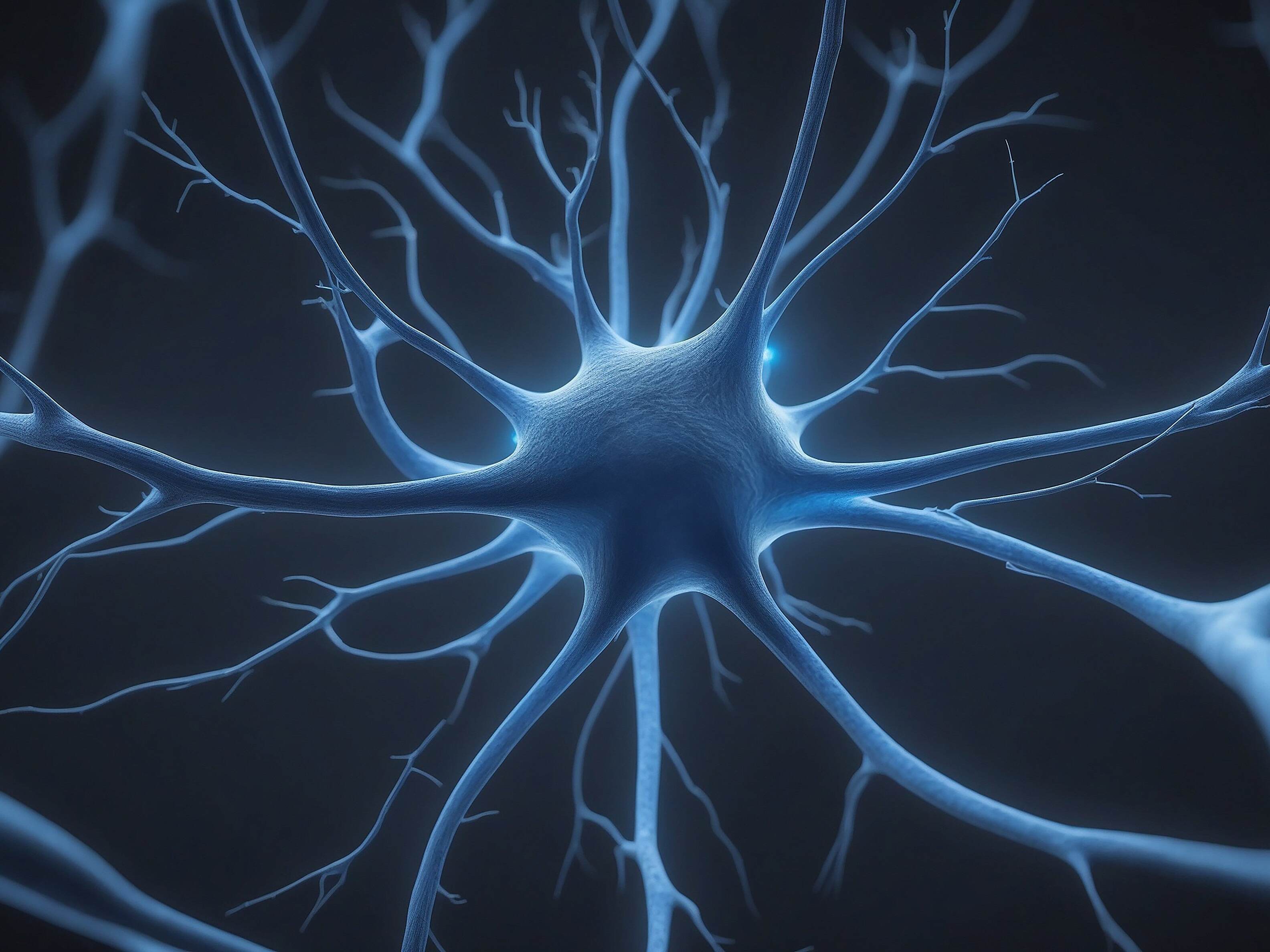

ADHD in Women: The Overlooked Struggle Through Perimenopause and Beyond
ADHD in Women: The Overlooked Struggle Through Perimenopause and Beyond
Attention-Deficit/Hyperactivity Disorder (ADHD) has long been perceived as a condition primarily affecting boys and men. However, research now highlights that women experience ADHD differently, often going undiagnosed due to subtler symptoms (Quinn & Madhoo, 2014). As women enter perimenopause—the transitional phase before menopause—hormonal fluctuations exacerbate ADHD symptoms, compounding the challenges of modern life’s relentless demands. This article explores how ADHD manifests in women, the impact of hormonal changes (particularly estrogen, progesterone, and testosterone), and why balancing hormones may be more effective than relying solely on stimulant medications. We conclude with insights into how Classical Chinese Medicine (CCM), including acupuncture and herbal therapy, can offer holistic support.
ADHD in Women: A Hidden Struggle
Women with ADHD often present with inattentiveness rather than hyperactivity, leading to misdiagnosis or dismissal (Hinshaw et al., 2012). Common symptoms include:
- Chronic disorganization
- Emotional dysregulation
- Time blindness
- Difficulty focusing unless highly stimulated
Society expects women to multitask seamlessly, managing careers, households, and social obligations. When ADHD symptoms collide with these expectations, women frequently internalize failure, leading to anxiety, depression, and burnout (Young et al., 2020).
Perimenopause: When Hormones and ADHD Collide
Perimenopause, typically beginning in a woman’s 40s, involves dramatic hormonal shifts that profoundly affect cognition and mood. Estrogen, progesterone, and testosterone—key players in brain function—begin to decline unevenly, worsening ADHD symptoms (Epperson et al., 2011).
The Role of Hormones in ADHD
1. Estrogen
- Enhances dopamine and serotonin production, improving focus and mood.
- Declining estrogen in perimenopause leads to increased brain fog, memory lapses, and emotional volatility (Sherwin, 2012).
2. Progesterone
- Promotes calmness by stimulating GABA (a relaxing neurotransmitter).
- Fluctuations contribute to irritability, sleep disturbances, and worsened ADHD impulsivity (Bäckström et al., 2014).
3. Testosterone
- Supports motivation, energy, and executive function.
- Declines with age, exacerbating fatigue and lack of mental clarity (Davison et al., 2005).
For women with ADHD, these hormonal changes can feel like their brain’s "operating system" is crashing. Traditional stimulant medications (e.g., Adderall, Ritalin) may become less effective or lead to burnout by overstimulating an already depleted nervous system.
The Pitfalls of Over-Reliance on Stimulants
While stimulants help many with ADHD, long-term use—especially during hormonal transitions—can lead to:
- Adrenal fatigue
- Increased anxiety and insomnia
- Worsening brain fog and chronic fatigue (Prakash et al., 2017)
A more sustainable approach may involve hormonal balancing alongside ADHD management. Bioidentical hormone replacement therapy (BHRT), lifestyle modifications, and stress reduction can help restore equilibrium.
Classical Chinese Medicine: A Holistic Approach
CCM views ADHD and perimenopausal symptoms as imbalances in Qi (vital energy), Blood, and Yin/Yang harmony. Key interventions include:
1. Acupuncture
- Regulates dopamine and serotonin (Zhang et al., 2019).
- Reduces stress by lowering cortisol (Arranz et al., 2007).
- Improves sleep and hormonal regulation (Chiu et al., 2015).
2. Herbal Medicine
- Bupleurum & Dragon Bone (Chai Hu Long Gu Mu Li Tang): Calms emotional turbulence.
- Rehmannia & Dong Quai (Si Wu Tang): Nourishes Blood and supports hormonal balance.
- Ginseng & Licorice (Xiao Yao San): Enhances energy and reduces stress (Flaws & Sionneau, 2001).
Women with ADHD face unique challenges, particularly during perimenopause when hormonal shifts amplify symptoms. Rather than relying solely on stimulants—which may deplete the body further—integrating hormonal balance, lifestyle changes, and Classical Chinese Medicine can offer a gentler, more sustainable path to wellness. By addressing root causes rather than just symptoms, women can reclaim clarity, energy, and emotional stability.
References
- Arranz, L., et al. (2007). "Effect of acupuncture on neuroendocrine hormones in perimenopausal women." Journal of Endocrinology, 194(1), 171-177.
- Bäckström, T., et al. (2014). "Progesterone and its metabolites in premenstrual disorders." Frontiers in Neuroscience, 8, 395.
- Davison, S. L., et al. (2005). "Androgen levels in adult females." Journal of Clinical Endocrinology & Metabolism, 90(6), 3847-3853.
- Epperson, C. N., et al. (2011). "Estrogen and ADHD: A systematic review." Menopause, 18(7), 731-736.
- Flaws, B., & Sionneau, P. (2001). The Treatment of Modern Western Medical Diseases with Chinese Medicine. Blue Poppy Press.
- Hinshaw, S. P., et al. (2012). "ADHD in girls and women." Journal of Clinical Child & Adolescent Psychology, 41(2), 137-147.
- Prakash, J., et al. (2017). "Long-term effects of stimulants on fatigue in ADHD." CNS Drugs, 31(6), 483-492.
- Quinn, P. O., & Madhoo, M. (2014). "ADHD in women." The Primary Care Companion for CNS Disorders, 16(3).
- Sherwin, B. B. (2012). "Estrogen and cognitive functioning in women." Endocrine Reviews, 33(2), 133-151.
- Young, S., et al. (2020). "Females with ADHD: An expert consensus statement." BMC Psychiatry, 20(1), 404.
- Zhang, Z. J., et al. (2019). "Acupuncture modulates dopamine in ADHD." Neuropsychiatric Disease and Treatment, 15, 1561-1569.
The Dancing Crane Acupuncture website, social media and newsletters, offers insights rooted in Classical Chinese Medicine and Holistic Health principles. This content is for educational purposes only and should not replace personalised medical advice or treatment. For tailored guidance, we recommend consulting a qualified natural healthcare practitioner or licensed medical professional.
